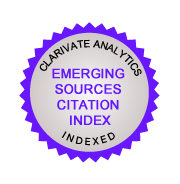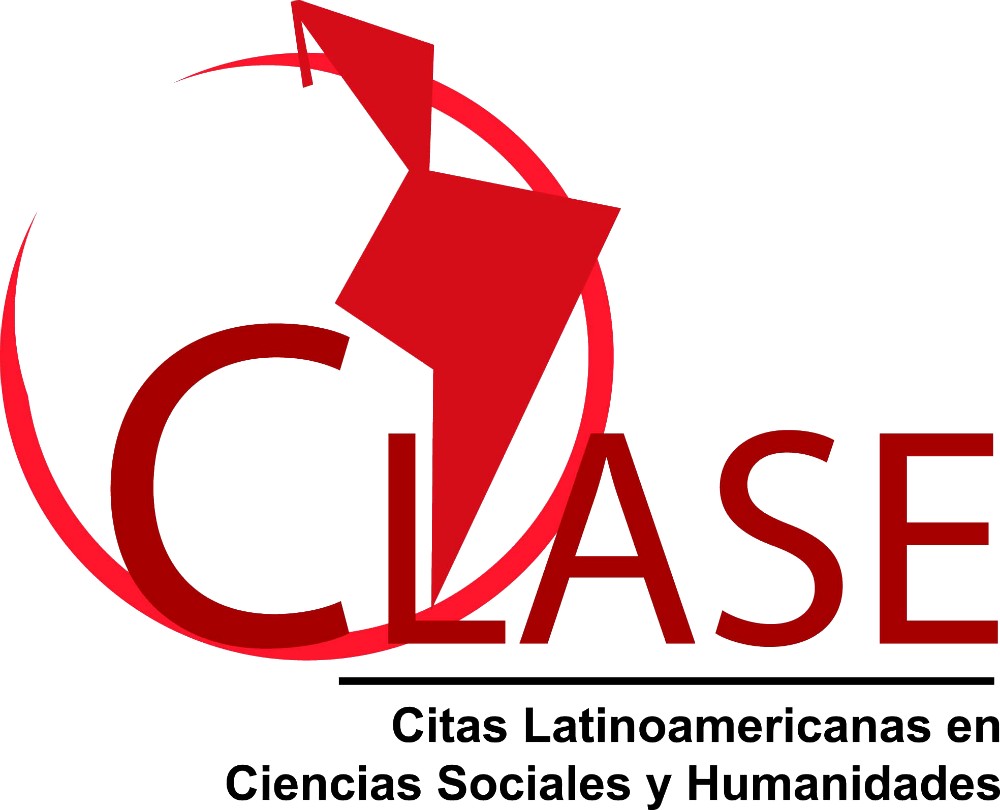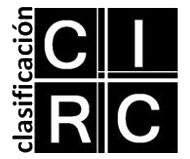Human rights and democracy: Habermas, Rorty, Rawls and Forst
DOI:
https://doi.org/10.24215/16696581e093Keywords:
Human Rights, Jürgen Habermas, Rainer Forst, democracyAbstract
In the context of the Critical Theory of Society, we will address in this article the relationship between democracy and human rights. Is it possible to argue epistemologically in favor of democracy? Or, rather, should we recognize the dialectical dimension of democracy? We will see that Habermas argues that human rights and popular sovereignty are cooriginal, but within the framework of a philosophy of language and not as ontology. Thus, from Habermas's discussions with Richard Rorty and John Rawls, the principle of discourse will be understood as the principle of justification for democracy. We will then reconstruct Rainer Forst's thinking on the notion of justification and its role in the moral and political constructivism of human rights. Finally, we will briefly discuss two controversies on the theory of human rights present in Menke and Pollman. The first refers to the opposition between the moral conception and the political conception of human rights. And the second deals with the dialectical opposition between a maximalist and a minimalist understanding of fundamental rights and their relation to political construction.
Downloads
References
Bonjour, L. (1976). The coherence theory of empirical knowledge. Philosophical Studies, 30(1), pp. 281-312.
Burdzinski, J. C. (2005). Justificação, coerência e circularidade. Revista Veritas, 50(4), Porto Alegre, pp. 65-93.
Forst, R. (2005). El derecho básico a la justificación: hacia una concepción constructivista de los Derechos Humanos. Estudios Políticos, Medellín, 26(1), pp. 27-59.
Forst, R. (2010). Contextos da justiça. São Paulo: Ed. Boitempo.
Habermas, J. (1999). La inclusión del otro. Estudios de teoría política. Barcelona: Ed. Paidós.
Habermas, J. (2001). A constelação pós-nacional. Ensaios políticos. São Paulo: Littera Mundi.
Habermas, J. (2006). ¿Tiene todavía alguna posibilidad la constitucionalización del derecho internacional? En El occidente escindido. Madrid: Ed. Trotta.
Habermas, J. (2008). Conciencia moral y acción comunicativa. Madrid: Ed. Trotta.
Habermas, J. (2010). Reconciliación mediante el uso público de la razón. En Habermas, J. y Rawls, J. Debate sobre el liberalismo político. Barcelona: Ed. Paidós.
Habermas, J. (2013). Teoria e praxis. São Paulo: Ed. UNESP.
Honneth, A. (2014). Derecho a la libertad. Esbozo de una eticidad democrática. Buenos Aires: Ed. Katz y Capital Intelectual.
Koselleck, R. (2006). Futuro passado. Contribuição à semântica dos tempos históricos. Rio de Janeiro: Ed. PUC do Rio.
Lohmann, G. (2013). As definições teóricas de direitos humanos de Jürgen Habermas: o princípio legal e as correções morais. Revista Transformação, Marília, 36(Ed. especial), pp. 87-102.
Menke, C. y Pollmann, A. (2010). Filosofía de los derechos humanos. Barcelona: Ed. Herder.
Rawls, J. (1993). The law of peoples. En Shute, St. y Hurley, S. On Human Rights. New York: Harper Collins Publisher.
Rawls, J. (2006). El liberalismo político. Barcelona: Ed. Crítica.
Rawls, J. (2002). Justiça e democracia. São Paulo: Ed. Martins Fontes.
Rorty, R. (1990). La historiografía de la filosofía: cuatro géneros. En Rorty, R.; Schneewind, J. B. y Skinner, Q. (org.) La filosofía en la historia. Ensayos de historiografía de la sociología. Buenos Aires: Ed. Paidós.
Rorty, R. (1996). Objetivismo, relativismo y verdad. Barcelona: Ed. Paidós.
Rorty, R. (2000). Pragmatismo, una versión. Antiautoritarismo en epistemología y ética. Lecciones en la Universidad de Girona en Julio de1996. Barcelona: Ed. Ariel.
Werle, D. L. (2008). Justiça e democracia. Ensaios sobre John Rawls e Jürgen Habermas. São Paulo: Ed. Singular e Esfera Pública.
Downloads
Additional Files
Published
How to Cite
Issue
Section
License
La aceptación de un original por parte de la revista implica la cesión no exclusiva de los derechos patrimoniales de los/as autores/as en favor del editor, quien permite la reutilización, luego de su edición (postprint), bajo una Licencia Creative Commons Atribución-NoComercial-CompartirIgual 4.0 Internacional (CC BY-NC-SA 4.0)
Acorde a estos términos, el material se puede compartir (copiar y redistribuir en cualquier medio o formato) y adaptar (remezclar, transformar y crear a partir del material otra obra), siempre que a) se cite la autoría y la fuente original de su publicación (revista y URL de la obra), b) no se use para fines comerciales y c) se mantengan los mismos términos de la licencia.
La cesión de derechos no exclusivos implica que luego de su edición (postprint) en Question las/os autoras/es pueden publicar su trabajo en cualquier idioma, medio y formato; en tales casos, se solicita que se consigne que el material fue publicado originalmente en esta revista.
Tal cesión supone, también, la autorización de los/as autores/as para que el trabajo sea cosechado por SEDICI, el repositorio institucional de la Universidad Nacional de La Plata, y sea difundido en las bases de datos que el equipo editorial considere adecuadas para incrementar la visibilidad de la publicación y de sus autores/as.
Asimismo, la revista incentiva a las/os autoras/es para que luego de su publicación en Question depositen sus producciones en otros repositorios institucionales y temáticos, bajo el principio de que ofrecer a la sociedad la producción científica y académica sin restricciones contribuye a un mayor intercambio del conocimiento global.















































